At a time when the OTT platforms in India are being subjected to increased scrutiny for content and regulations — not necessarily from the nodal ministry of Information and Broadcasting — executives from streaming companies yesterday met Minister Anurag Thakur.
Though what all transpired at the meeting at New Delhi’s Shastri Bhawan, which houses the Ministry of Information & Broadcasting among other government organisations, is not known in detail, but the broad contours of the deliberations were enumerated by the Minister himself in a tweet.
“Interacted with representatives of leading OTT platforms today on various issues including content regulation, user experience, enhancing accessibility for the specially abled and overall growth & innovation of the sector,” MIB Minister Thakur tweeted yesterday evening, along with a few photographs.
Admitting that OTT platforms have revolutionised the way Indians consume content, spurring new talent and showcasing regional content at a global scale, Thakur, however, did dwell on some of the issues that have put the streamers under a spotlight by policy-makers.
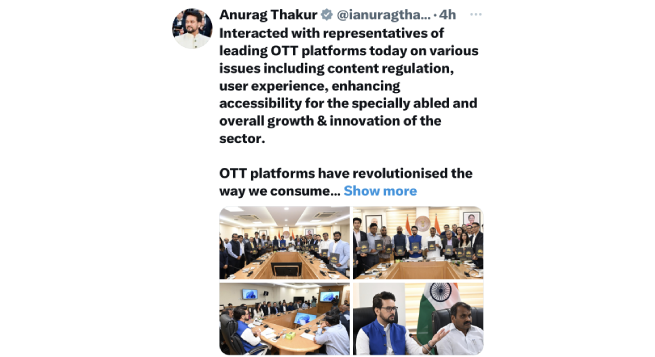
“OTT players have a responsibility of ensuring that their platform does not propagate vulgarity and abuse camouflaged as ‘creative expression’. India is a diverse country; OTTs must also reflect the collective conscience of the country and provide a healthy viewing experience for people of all age groups,” Thakur’s tweet elaborated.
“Platforms must also be sensitive to our cultural diversity as we unleash India’s creative economy,” the Minister further stated, adding that his department looks forward to “furthering partnerships and engagements towards achieving this goal”.
In recent times, the OTT platforms have faced some flak for showing edgy content, which, the government has said, could be avoided, while highlighting that it believes in self-regulation.
Further, organisations like the child rights body NCPCR and the Health Ministry have added guidelines of their own on how child actors should be treated by OTT platforms during shoots and mandatory airing of anti-tobacco messages in between web shows and films put online by streamers.
While OTT platforms have protested some of the guidelines saying not every rule is implementable as it would increase compliance paperwork and processes (in the case of shooting with child actors), on anti-tobacco guidelines they have conveyed to the government that such detailed health warnings could impact freedom of creativity and investments as the rules were impractical given the short deadline — especially when they were announced without any consultation with the stakeholders.
Meanwhile, according to a Reuters report last week, the Indian government has, reportedly, suggested to major OTT platforms that their content should be independently reviewed for obscenity and violence before being shown online.
Quoting unnamed sources and government minutes, the Reuters report said the government proposal was delivered to the streaming platforms at a June 20 meeting at the Information and Broadcasting Ministry. The streaming companies objected and no decision was reached.
The ministry “highlighted concerns regarding obscene and vulgar content on OTT platforms, as expressed by Members of Parliament, citizen groups, and the general public,” said the minutes, which are not public but were seen by Reuters.
Though all films in Indian cinemas are reviewed and certified by a government-appointed board, streamed content is not.
Officials in the meeting, according to Reuters, asked the industry to consider an independent panel to review content so that unsuitable material could be weeded out.
The industry objected but the officials asked them to consider the idea, the sources added.
The government highlighted the need for a “more proactive approach” to ensure that streaming content, “including international content”, aligns with a so-called code of ethics, the minutes showed.
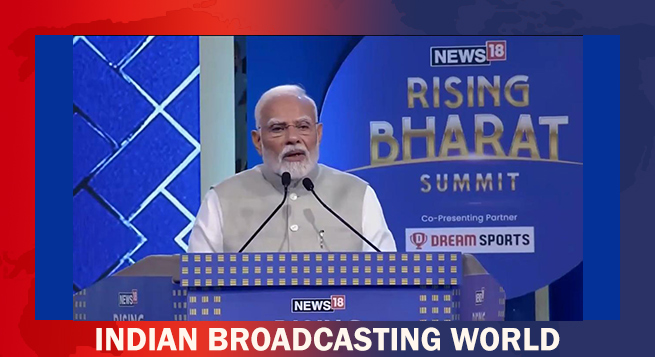 PM Modi: WAVES will empower Indian content creators go global
PM Modi: WAVES will empower Indian content creators go global 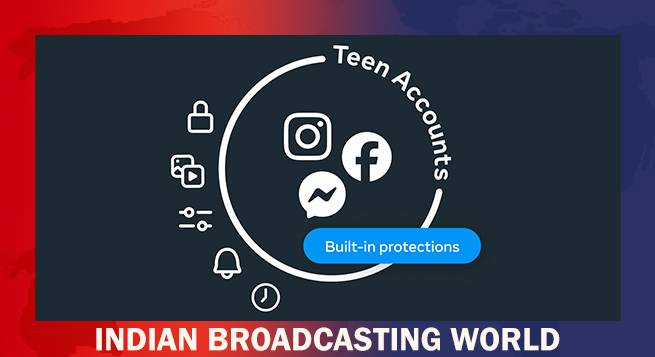 Meta rolls out ‘Teen Accounts’ feature to FB, Messenger
Meta rolls out ‘Teen Accounts’ feature to FB, Messenger 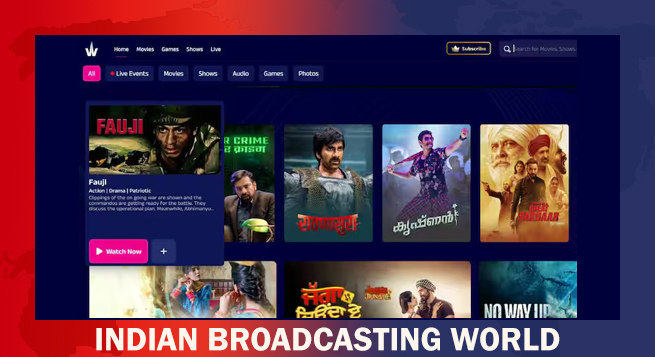 Govt. says pvt. sector TV channels can ride pubcaster’s WAVES
Govt. says pvt. sector TV channels can ride pubcaster’s WAVES 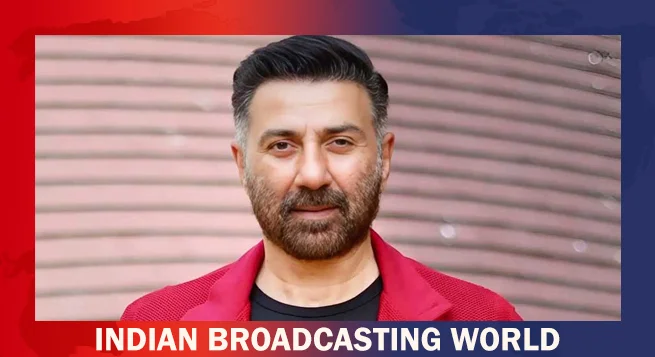 Sunny Deol says ready for fresh starts with streaming projects
Sunny Deol says ready for fresh starts with streaming projects 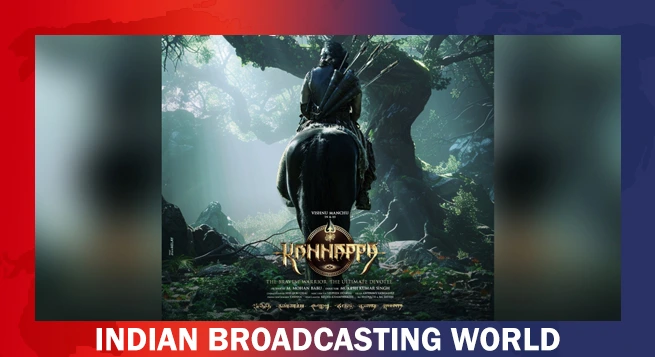 ‘Kannappa’ set for June 27 release
‘Kannappa’ set for June 27 release 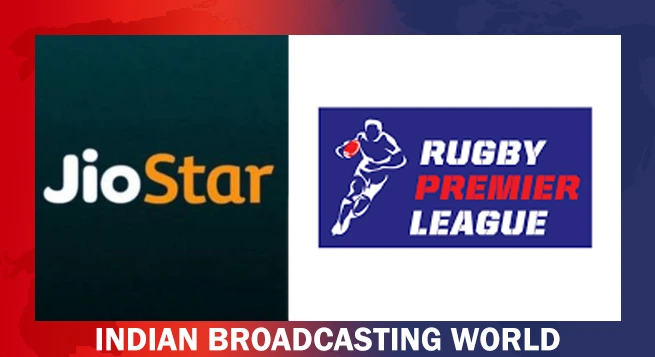 JioStar named official b’cast partner for Rugby Premier League
JioStar named official b’cast partner for Rugby Premier League  Prime Video drops official teaser for ‘Culpa Nuestra’
Prime Video drops official teaser for ‘Culpa Nuestra’ 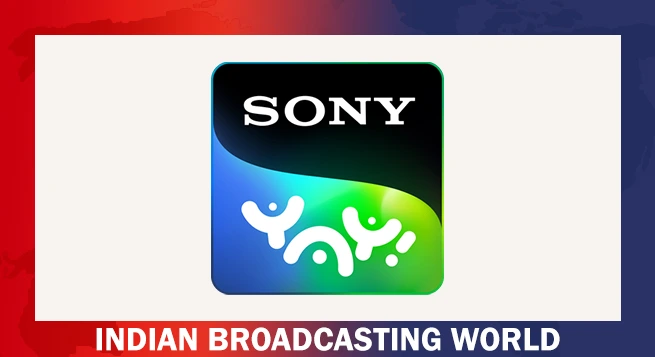 Sony YAY! premieres Jujutsu Kaisen on April 15
Sony YAY! premieres Jujutsu Kaisen on April 15 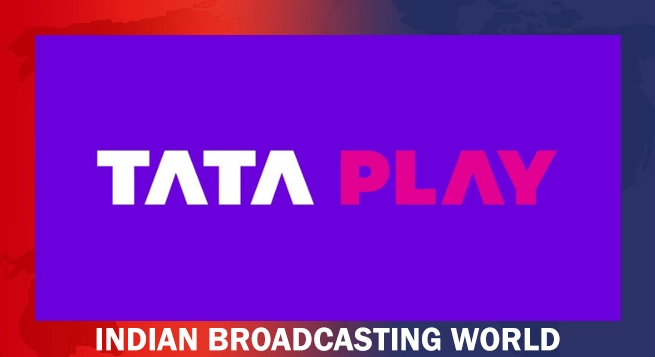 Tata Play Binge announces IPL-related fare
Tata Play Binge announces IPL-related fare 








